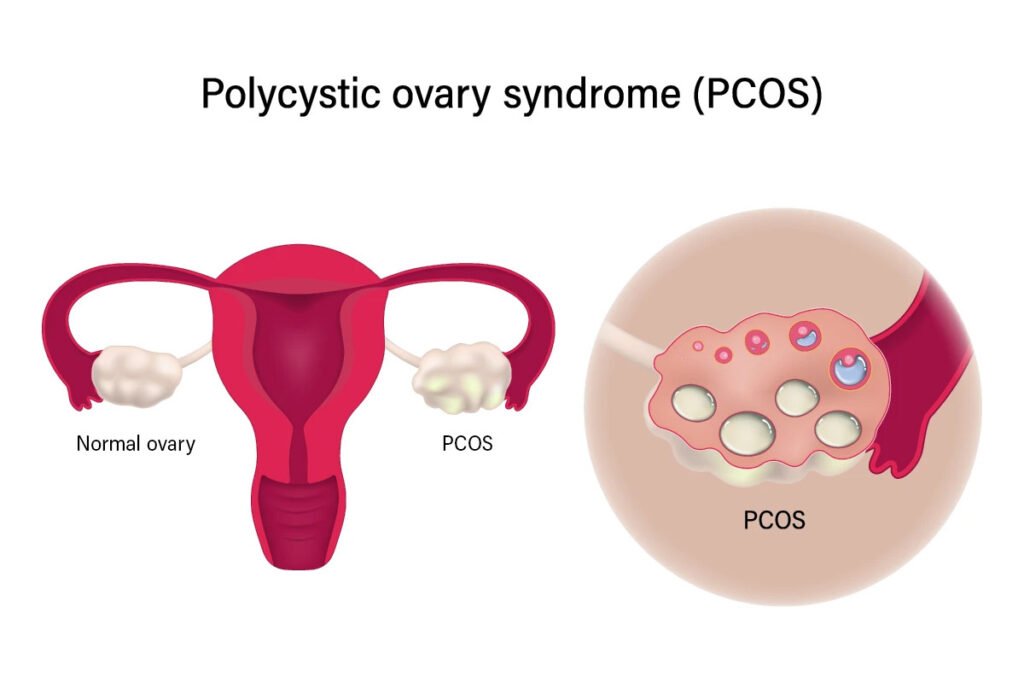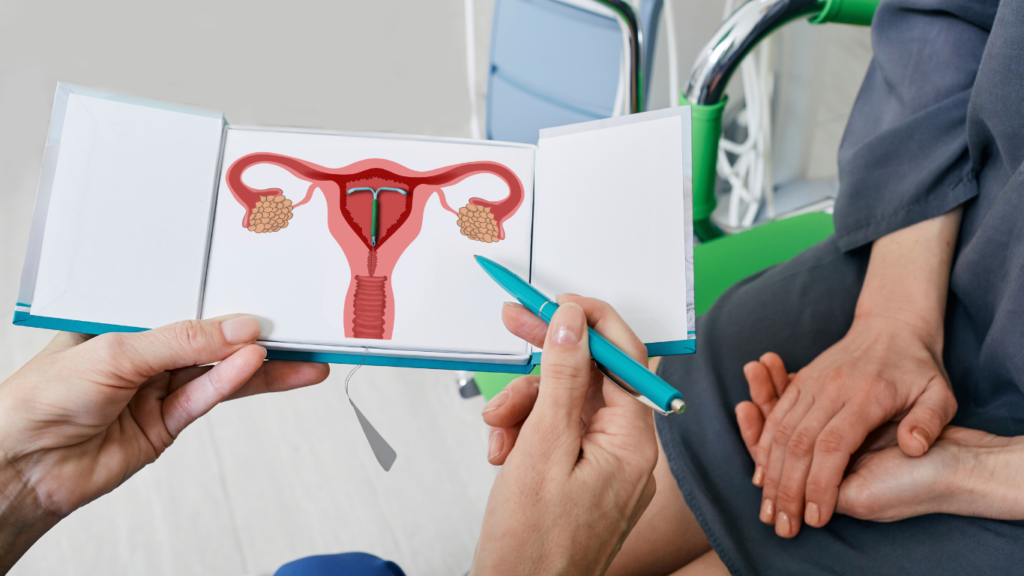Infertility is a growing concern for many women today, and several everyday habits may unknowingly contribute to it. Lifestyle choices, environmental factors, and diet all play crucial roles in maintaining reproductive health. Dr. Neelima Paleru, the best gynecologist in Hyderabad, explains the common causes of infertility and how you can take steps to enhance your fertility.
1. Poor Diet and Nutritional Deficiencies
A diet lacking essential nutrients can disrupt hormone levels and ovulation. Processed foods, excessive sugar, and unhealthy fats contribute to conditions like PCOS, insulin resistance, and irregular menstrual cycles, all of which can impact fertility.
What to do?
Include fertility-boosting foods such as:
- Leafy greens and vegetables – rich in antioxidants
- Healthy fats – avocados, nuts, and olive oil
- Lean proteins – fish, chicken, and lentils
- Whole grains – brown rice, quinoa, and oats
A balanced diet can improve ovulation and overall reproductive health.
2. Excessive Caffeine and Alcohol Intake
High caffeine intake (over 300 mg per day) has been linked to reduced fertility, while frequent alcohol consumption affects hormone levels and lowers egg quality.
What to do?
- Limit caffeine to one small cup of coffee per day
- Avoid alcohol, especially if you are planning to conceive
3. Stress and Anxiety
Chronic stress increases cortisol levels, which can negatively impact ovulation and fertility. Women dealing with high levels of anxiety may experience irregular periods or anovulation (absence of ovulation).
What to do?
- Practice yoga, meditation, and breathing exercises
- Engage in hobbies or activities that help reduce stress
- Seek guidance from Dr. Neelima Paleru, the best gynecologist in Hyderabad, for stress-related reproductive issues
4. Sedentary Lifestyle and Lack of Exercise
A sedentary lifestyle contributes to obesity, hormonal imbalances, and ovulatory dysfunction. However, excessive high-intensity workouts can also negatively affect fertility.
What to do?
- Engage in moderate exercise (walking, yoga, or light cardio)
- Avoid over-exercising, as it can disrupt ovulation
5. Sleep Deprivation
Poor sleep quality or an irregular sleep cycle can interfere with hormone production, affecting ovulation and menstrual cycles. Exposure to blue light from screens before bed further disrupts melatonin levels.
What to do?
- Aim for 7–8 hours of quality sleep per night
- Reduce screen time before bedtime
6. Exposure to Environmental Toxins
Endocrine-disrupting chemicals (EDCs) found in plastics, pesticides, and household products can interfere with estrogen and reproductive hormones.
What to do?
- Use glass or stainless steel containers instead of plastic
- Choose organic produce to minimize pesticide exposure
- Avoid chemical-based beauty and skincare products
7. Smoking and Passive Smoke Exposure
Smoking accelerates egg depletion, damages ovarian function, and leads to early menopause. Even secondhand smoke exposure can negatively impact fertility.
What to do?
- Quit smoking and avoid secondhand smoke exposure
8. Unchecked Medical Conditions
Underlying health conditions such as thyroid disorders, PCOS, endometriosis, and diabetes can significantly impact fertility.
What to do?
- Schedule regular checkups with Dr. Neelima Paleru, the best gynecologist in Hyderabad to monitor and manage health conditions affecting fertility
9. Dehydration and Low Water Intake
Water plays a vital role in reproductive health. Dehydration can lead to thicker cervical mucus, making it harder for sperm to reach the egg.
What to do?
- Drink at least 8–10 glasses of water per day
10. Prolonged Use of Birth Control Pills
While birth control pills help regulate cycles, prolonged use can delay natural ovulation once stopped. Some women may experience difficulty conceiving after discontinuation.
What to do?
- Consult Dr. Neelima Paleru for advice on stopping contraceptive use and planning conception
When Should You See a Doctor?
If you have been trying to conceive for over a year without success or have irregular periods, painful cramps, or underlying medical conditions, Dr. Neelima Paleru, the best gynecologist in Hyderabad, can help diagnose and treat any fertility-related concerns.



